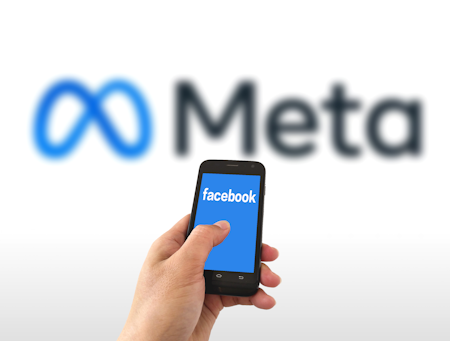Meta is ending its partnership with U.S. fact-checking organizations, such as ours, but we’d like to reassure our readers: FactCheck.org isn’t going anywhere. Our journalists will continue to provide nonpartisan coverage of false and misleading political claims, helping you to sort fact from fiction, just as we have done for more than 20 years.
We publish in-depth reports on policy issues, whether that’s fact-checking a specific claim or providing information about an issue. Our SciCheck team focuses on health and science. We care deeply about accuracy, and we are transparent about our sources, our process and our funding. We fact-check Democrats and Republicans, holding both sides to the same standards.

Since 2016, we have partnered with Meta to fact-check viral deceptions that were being widely spread on social media. Meta funding allowed us to enhance our coverage of such deceptions. But even before this partnership, fact-checking political misinformation spread on social media was part of our core mission of monitoring political discourse, whether in speeches, in ads, in interviews or on Facebook. And we will continue to do that.
Under the Meta program, we provided links to our articles to Meta, which used them to direct users to our work and reduce the distribution of falsehoods. Our work isn’t about censorship. We provide accurate information to help social media users as they navigate their news feeds. We did not, and could not, remove content. Any decisions to do that were Meta’s.
In the coming months, social media users in the U.S. won’t see referrals to our articles, and those of other journalists in the fact-checking program, on Meta’s platforms. Meta said it would implement a “community notes” model. You’ll have to do more work on your own when you see questionable posts. But we’re here to provide tips and tools on how you can guard against false and deceptive material.
Fact-checking is public service journalism, and we’re more convinced than ever that it’s needed in an increasingly busy and confusing political messaging landscape.
Editor’s note: FactCheck.org does not accept advertising. We rely on grants and individual donations from people like you. Please consider a donation. Credit card donations may be made through our “Donate” page. If you prefer to give by check, send to: FactCheck.org, Annenberg Public Policy Center, P.O. Box 58100, Philadelphia, PA 19102.